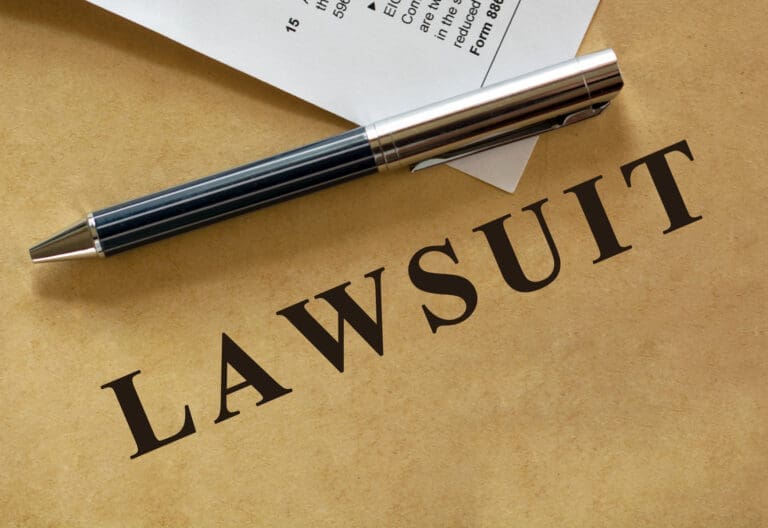In the complex world of legal proceedings, the position of a Bail Commissioner stands out as particularly significant. Appointed by state courts, these legal practitioners carry the crucial responsibility of setting bail for individuals detained at police stations before their arraignment in court. This task involves a careful assessment of various factors to ensure that the bail amount is fair, just, and in line with the constitutional standards.
Bail Commissioners are key players in both criminal and civil law contexts. Their decisions can significantly impact the course of a legal case, determining whether an individual will await their trial in custody or in the community. This role requires not only a deep understanding of legal principles but also a strong sense of ethical judgment.
Candidates for the role of a Bail Commissioner undergo a rigorous selection process. They must complete a specialized training program that equips them with the necessary skills and knowledge to perform their duties effectively. This training includes a thorough understanding of the Octava Enmienda of the U.S. Constitution, which stipulates that “excessive bail shall not be required,” ensuring protection against unjustly burdensome bail amounts.
In the realm of criminal law, the concept of bail is closely linked to the presumption of innocence. The Bail Commissioner’s task is to set a bail amount that reflects the seriousness of the charge, the defendant’s history, and the likelihood of appearing for court dates. Their role is vital in upholding the defendant’s right to freedom during the pre-trial period, especially in cases where they do not pose a significant risk of fleeing or harming others.
Bail Commissioners also have a role in civil law cases. Although less common, bail can be set in certain civil matters, such as in cases of contempt of court or non-compliance with court orders. In such instances, the Bail Commissioner’s decisions ensure adherence to legal directives and uphold the integrity of the judicial process.
The topic of bail reform has gained significant attention, highlighting issues within the justice system, particularly concerning economic inequality. Bail Commissioners find themselves at the center of this discussion, as they navigate the challenges of setting bail in a manner that is equitable and does not disproportionately affect individuals based on their economic status.
The distinction between bail and bond is another critical aspect of the Bail Commissioner’s duties. While these terms are often used interchangeably, they represent different facets of the judicial process. Understanding the nuances between them is essential for Bail Commissioners to make informed decisions that respect the rights and circumstances of the accused.
The challenges faced by Bail Commissioners are numerous and multifaceted, significantly influencing their decision-making process. One of the primary challenges involves the ethical considerations in setting bail. Bail Commissioners must balance the need for ensuring a defendant’s appearance in court against the potential hardship that bail might impose on them and their families. This is particularly relevant in cases involving economically disadvantaged defendants, where a high bail amount could result in extended pretrial detention, potentially leading to job loss, family disruption, and other adverse outcomes. The ethical dilemma arises in striking a balance between community safety and individual rights.
The impact of Bail Commissioners’ decisions extends beyond the accused individuals to the wider community. Their decisions can influence public perception of the justice system, with fair and equitable decisions fostering trust and confidence in legal processes. Conversely, perceived inequities in bail setting can lead to public distrust and criticisms of systemic bias, especially in communities disproportionately affected by high bail amounts.
The evolving nature of bail laws and practices also presents challenges. As public and legal opinion shifts towards more equitable and just practices, Bail Commissioners must stay abreast of these changes. This includes understanding new bail reform laws, which often advocate for reducing reliance on cash bail and considering alternative forms of pre-trial release. These alternatives, such as electronic monitoring, supervised release, or community check-ins, aim to ensure the defendant’s appearance in court while mitigating the negative impacts of pretrial detention.
Technology plays an increasingly significant role in the bail setting. With advancements in data analysis and risk assessment tools, Bail Commissioners can make more informed decisions based on a range of factors, including the likelihood of reoffending or failing to appear in court. These tools, however, also raise concerns about fairness and bias, particularly if the algorithms used in these systems are not transparent or if they inadvertently perpetuate existing biases.
The debate over cash bail versus other forms of pre-trial release is central to discussions about bail reform. Advocates for eliminating cash bail argue that it unfairly penalizes poor defendants who cannot afford to pay, leading to inequities in the justice system. On the other hand, proponents of cash bail assert that it is a necessary tool to ensure defendants’ appearance in court. Balancing these perspectives is a challenging aspect of the Bail Commissioners’ role.
Looking towards the future of the bail system, it is clear that reform movements will continue to shape practices and laws. The shift towards more equitable systems that do not disproportionately impact the poor or marginalized communities is gaining momentum. Bail Commissioners will need to adapt to these changes, embracing new methods and technologies while remaining vigilant about maintaining fairness and upholding the principles of justice.
As Bail Commissioners navigate these complex challenges, their role remains crucial in ensuring that the bail system operates fairly, justly, and in accordance with evolving legal standards and societal expectations.
Divulgación: Generative AI creó el artículo









